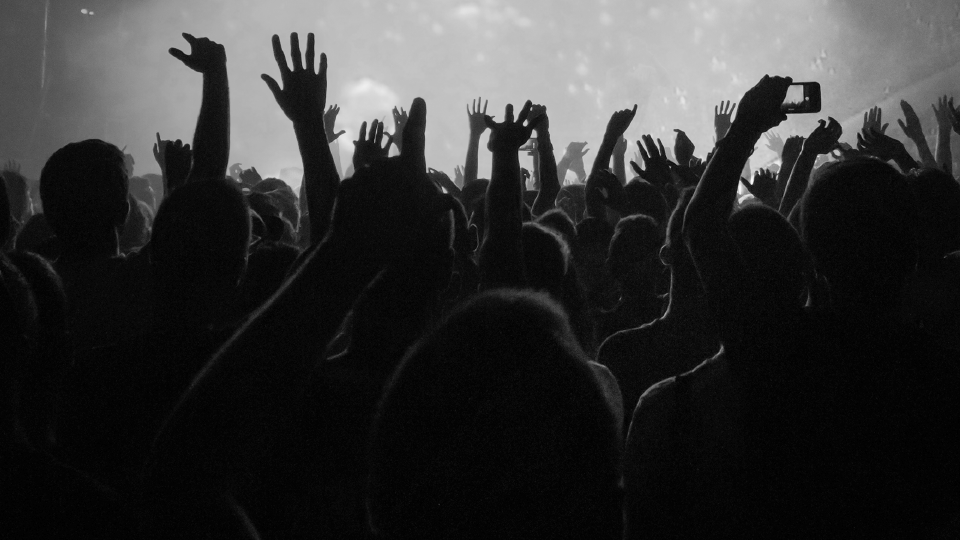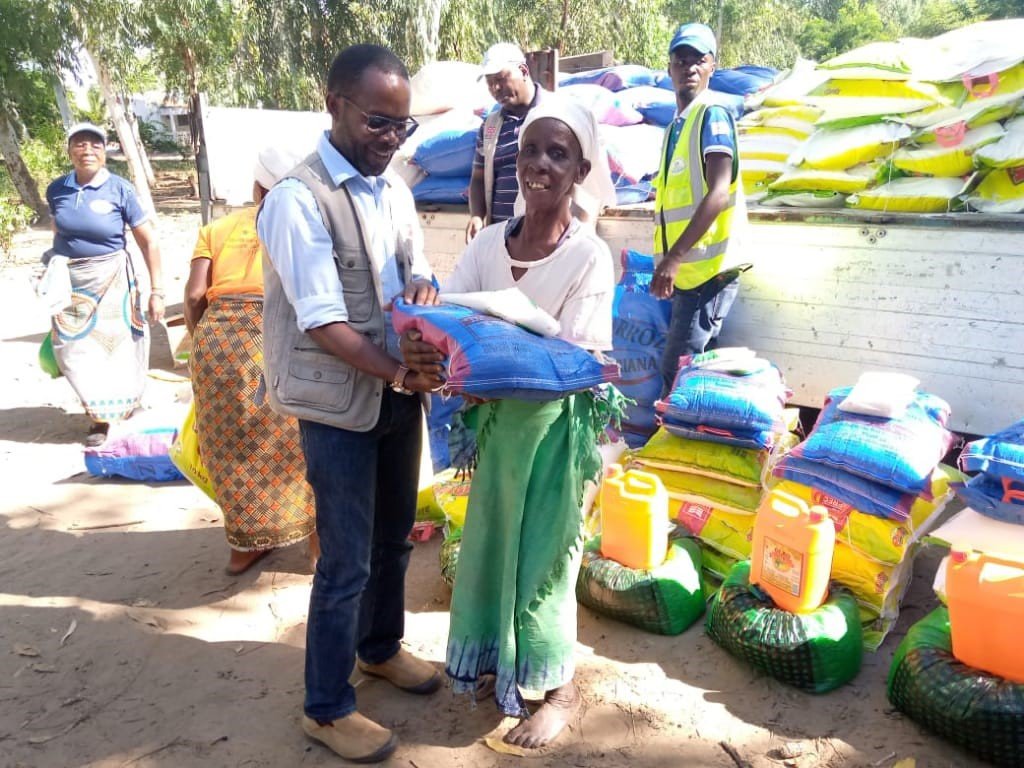Vulnerable populations around the world are being impacted by the COVID-19 coronavirus pandemic.
In Mozambique, as they are globally, the elderly are facing an increased risk from coronavirus — and response efforts must address that need.
Mozambique was one of several countries that faced devastation when Cyclone Idai hit the south coast of Africa in March 2019. Hundreds of people lost their lives, while millions were affected by the storm in Mozambique, Malawi, and Zimbabwe.
As the organization Age International highlights, older people are particularly vunerable during crises, whether natural disasters or global pandemics, and they need specialist, age-friendly aid.
Older people make up around 5% of the population in Mozambique, most of whom heavily rely on health services and food distributions from humanitarian and development organizations in order to survive.
The spread of COVID-19 is now further threatening the lives of the elderly in Mozambique, and not just because of the virus. It is also making it increasingly difficult for such organizations to provide the aging population with the resources and assistance that they desperately need.
The organization HelpAge, a partner organization of Age International, has been working to support older people in Mozambique through the response to Cyclone Idai — and is now pivoting its efforts to respond to COVID-19 as well, for an already vulnerable group of people who are still trying to get their lives back together following Cyclone Idai.
Global Citizen spoke to Kizito Chiwala, the country director for HelpAge in Mozambique, to understand how the COVID-19 pandemic is impacting the organization’s programs and learn how the international community can help their relief efforts.

What work do you do, and who are the communities that you work with?
I am the country director for HelpAge in Mozambique. I lead a team of 15 staff in delivering our programs for older people. We implement our programs with our partners and older people’s associations.
We are currently active in five of the 10 provinces of Mozambique to ensure older Mozambicans have a dignified, safe, and healthy life. We are currently responding to emergencies [including droughts and floods] in the provinces of Sofala and Gaza, while we prepare to respond to the COVID-19 pandemic.
What's the impact that you're seeing from COVID-19 on your program participants?
Mozambique still records one of the few confirmed cases in the region. However, as a preventive measure, the president declared a state of emergency, which is basically a partial lockdown. Preventive measures such as these are directly affecting our activities which have been suspended. Most of these are life-saving humanitarian activities. For instance, older people who rely on food distributions are unable to receive their rations due to the quarantine.
In addition to being vulnerable in terms of low income and livelihoods, our target group is at risk for COVID-19, as shown by experience from countries such as China, Europe, and elsewhere. We hope that social distancing shall not mean further isolation of older people who need company from relatives and friends.
What's been the most challenging thing for you during the pandemic?
I think it has been the uncertainties surrounding the pandemic, especially here. The fact that we have few confirmed cases is a major concern. Not being able to visit communities and interact directly with both our staff and beneficiaries is another challenge.
How has it changed your day-to-day work?
While working remotely or social distancing is the best way to reduce the propagation of the virus, it is affecting our ways of working, especially for activities that need physical presence in some areas. We have reduced the number of staff to be in the office to not more than three at any given time. Staff meetings are now held virtually, meaning that the organization has to make all the necessary arrangements to ensure staff have all the required tools to work from home.
Is there anything that's giving you hope?
We started early in sharing prevention messages. We hope that people are following the instructions as given by health experts. We also hope that the fact that both the government of Mozambique and the media are highlighting older people as the most at-risk group shall be translated into allocating more resources for their safety.
Our hope also derives from the experience already had from other countries that have been heavily hit by COVID-19. This is one of the few times that the whole world has been united over a common enemy and that leaders agree that this is a shared responsibility.
Do you have a message that you'd like to share with the international community?
The impact of COVID-19 will be multi-faceted. While we hope that the number of infected people should not continue to grow here in Mozambique and elsewhere, we are conversant on the socio-economic aspects.
During normal circumstances, older people are already disadvantaged when it comes to financial resources, but the situation could be worse during the COVID-19 pandemic. Older people may be isolated and we would like to recommend the readers to remember them by calling them, checking on them, and where possible, assist them with getting basic items such as water and medicines.
You can join the global efforts in responding to COVID-19 by taking action through our Together At Home campaign here. You can see all of Global Citizen's COVID-19 coverage here.
Related Stories
